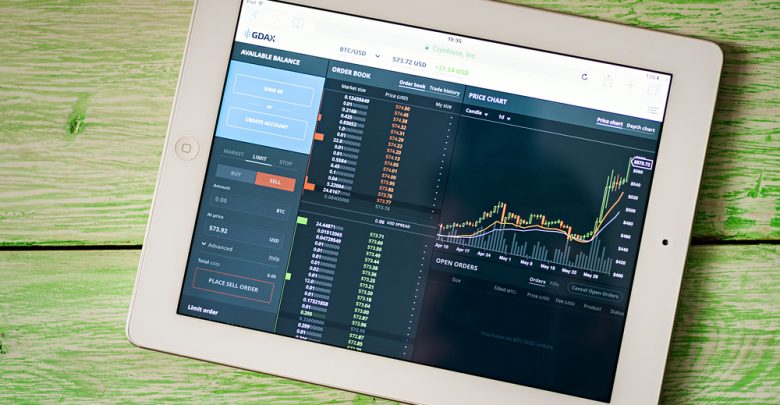

There are also “tumbler” services, designed to obscure both identities and transactions, but the huge total amount of money stolen presents a challenge. ShapeShift, which publishes all trades on its platform, said they have already blocked addresses associated with the hack. Converting NEM coins into a more anonymized currency, like Monero, could conceivably launder them. The thief could attempt to shake off surveillance by going through a service like ShapeShift, which offers cryptocurrency trading without collecting personal data. Does that mean the hackers won’t be able to cash in? Each one has been labeled with a tag that reads “coincheck_stolen_funds_do_not_accept_trades : owner_of_this_account_is_hacker.” NEM developers created a tracking tool that would allow exchanges to automatically reject stolen funds.

Trouble is, no one knows who owns the accounts. Coincheck has identified and published 11 addresses where all 523 million of the stolen coins ended up. Because transactions for Bitcoin and the like are all public, it’s easy to see where the NEM coins are - even though they’re stolen. That’s one of the stranger aspects of these heists. Coincheck also lacked multi-signature security, a measure requiring multiple sign-offs before funds can be moved. Exchanges generally try to keep a majority of customer deposits in cold wallets, which aren’t connected to the outside world and thus are less vulnerable to hacks. The company did own up to a security lapse that allowed the thief to seize such a large sum: It kept customer assets in what’s known as a hot wallet, which is connected to external networks. For the extra paranoid, there is always the analog option: printing out the private keys for your coins on paper.Coincheck hasn’t disclosed how their system was breached beyond saying that it wasn’t an inside job. Hardware wallets are dedicated devices that offer an additional layer of security.
#Coincheck hack 10 million trying to sell software
One alternative is to keep the assets in software wallets, which come in online, mobile and desktop varieties. The lesson for crypto-enthusiasts is that exchanges are prime targets for hackers and no place to store your coins. So what can you do to keep crypto-assets safe? One researcher estimates that more than 14 percent of Bitcoin and rival currency Ether has been stolen. North Korean leader Kim Jong Un has allegedly sent his hackers out to swipe digital coins as his country faces tightening trade sanctions. As prices of digital assets have soared, the platforms have become increasingly juicy targets for hackers. Yes, there’s a long history of thefts at cryptocurrency exchanges and wallets, dating back to the infamous robbery of Tokyo-based Mt. Aren’t these exchanges being hacked a lot? While this approach worked for Ethereum in 2015, NEM Foundation Vice President Jeff McDonald said a fork is not an option.ĥ. The so-called hard fork would create two versions of NEM, one that has never been hacked and another containing the stolen funds.

They could change the NEM blockchain by rolling back the record to a point before the attack. What else can NEM developers do to fix this? Coincheck hasn’t disclosed how their system was breached beyond saying that it wasn’t an inside job.


 0 kommentar(er)
0 kommentar(er)
